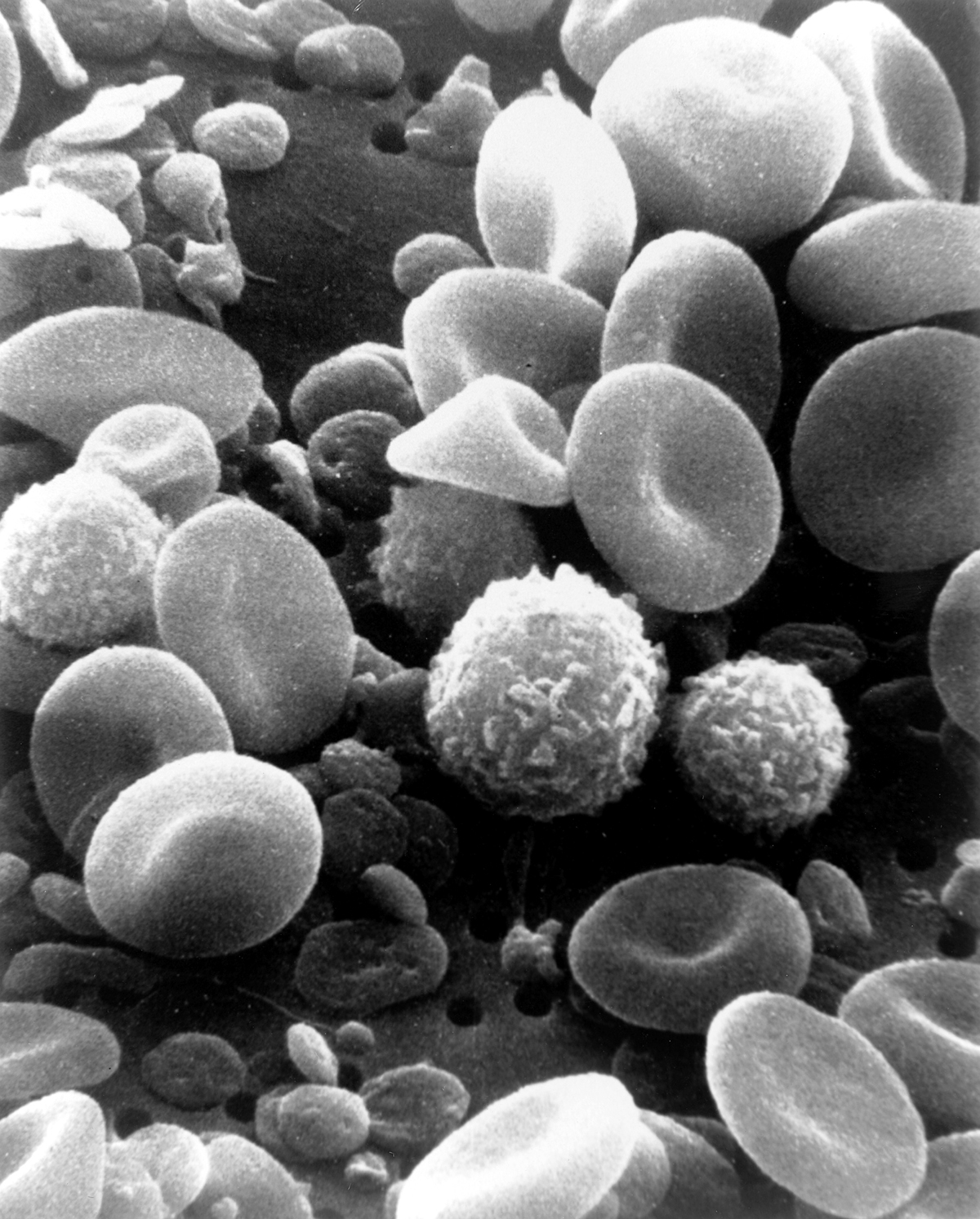
Oxygen is a vital element for humans. Oxygen blood level is a term that refers to concentration of the element in the blood and is also known under the name of oxygen saturation in the blood. In the body oxygen is bound by hemoglobin, a protein of red blood cells and carried to each cell. Inadequate levels of oxygen in the blood can be highly detrimental for the entire body particularly to organs that are highly susceptible to even the sligtest lack of oxygen.
Optimal Blood Oxygen Levels
If the level of blood oxygen ranges between 95 and 100% it is considered normal. Under such circumstances the body can function properly and all the tissues eventually are well supplied with this particular element.
The level of oxygen in the blood can be easily measured. There are several methods but the most common one is a blood test that checks the arterial blood gas. In case one needs constant monitoring of the level of oxygen in the blood he/she is attached to a pulse oximeter. The pulse oximeter is a small device attached to the tip of the finger and quite efficient in measuring the level of oxygen in the blood with the assistance of a specific sensor.
Low Blood Oxygen Levels
Many conditions are responsible for low level of oxygen in the blood. The factors that cause insufficient amount of oxygen in the blood may be external or the problems develop due to improper functioning of certain organs and tissues. For example, low oxygen level is typical for anemia where in spite of proper breathing there is no sufficient amount of hemoglobin to bind oxygen and take it to all the cells in the body. Furthermore, low oxygen levels occur in chronic obstructive pulmonary disease (chronic bronchitis and emphysema), altitude sickness, lung diseases such as pneumonia, pneumotorax, shock etc.
Saturation of oxygen is below 95% and if it drops further below 90% the person enters hypoxemia. People with low level of oxygen in the blood develop cyanosis (bluish discoloration of the skin). It is a serious problem and requires proper and prompt treatment.
High Blood Level of Oxygen
Under certain circumstances the level of oxygen in the blood can be increased. This typically occurs if one is exposed to elevated concentration of oxygen. The condition is medically known as hyperoxia. The excess of oxygen is also not good since it may cause cell damage and death. The most susceptible organs are brain, eyes and lungs. The length of exposure as well as the amount of oxygen are the factors that determine the toxicity to the body. In severe cases of oxygen intoxication one may suffer from alveolar collapse, retinal detachment and seizures. The negative effects can be managed only if the exposure to concentrated oxygen is reduced.

















Your thoughts on this
Loading...